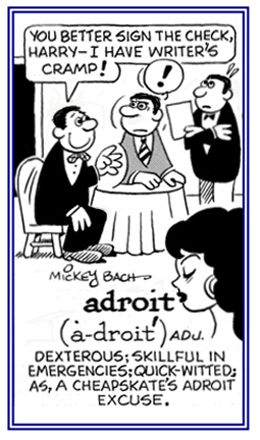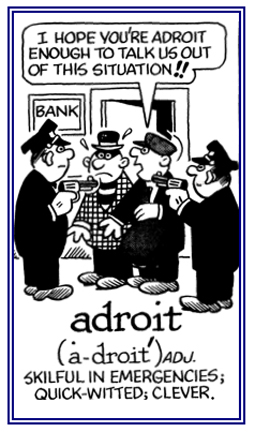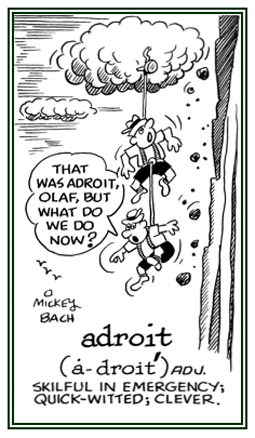regi-, reg-, rec-, rex-
(Latin: to direct, to rule, to lead straight, to keep straight; to guide, to govern)
Although it does not appear to be correct, all of the words in this unit etymologically come from this family group. Some words; such as, surge and its related formats, may be presented as separate units; however, they originally evolved from this family unit.
An address can also include a set of numbers, called a "zip code" in American English and a "postcode" in British English.
The address can also contain written directions for finding a location; which may be written on letters or packages that are to be delivered to that place.
2. A series of letters, numbers, and symbols which show people where to find a particular website on the internet: Jane couldn't find Big Joe's address on the internet.
4. Etymology: from the early 14th century, "to make straight", from Old French adrecier, "to go straight toward; to straighten, to set right; to point, to direct", from Vulgar (Common) Latin addirectiare, "to make straight", from Latin ad-, "to" + Latin directiare, directus, "straight, direct".
The meanings of "superscription of a letter" is from 1712 which led to the meaning of "place of residence" is from 1888.
2. To deliver a formal spoken communication to an audience, such as a formal speech or report: Corinne addressed her fellow students during the assembly.
3. To use the proper name or title of a person when speaking or writing to him or her: Irene always addressed her professor as Dr. Kindle."
2. A person who directs a written communication towards another person: After Jane opened the letter, she noticed that the addresser was her landlord!
3. An individual who writes or labels an item to be delivered to a particular place: The addresser or return address was on the back side of the letter.
2. A reference to someone who is very clever and competent: Steve is an adroit mechanic when it comes to taking care of problems with motor vehicles.
3. Etymology: from dexterous, originally "rightly", from French adroit, from the phrase à droit, "according to right"; from Old French à, "to, toward" + droit, "right"; from Late Latin directum, "right, justice", the accusative form of Latin directus, "straight".



Go to this Word A Day Revisited Index
so you can see more of Mickey Bach's cartoons.
2. A situation of careful observation and readiness: Because of the danger of an upcoming earthquake in the country, there was a 24-hour alert.
2. The process of continuous and close attentiveness: Total mental alertness is required in order to pass the final test on Friday.
3. The quality of lively attentiveness: While in the woods early in the morning, Marc was wide awake and full of alertness in. order to listen to and observe the different kinds of birds in the area.
2. In botany, regarding a plant that curves or extends upward: The assurgent sunflowers always moved upward in the direction of the sun.
2. To adjust or to improve in order to bring something to a required position: The new wheels of Catherine's car had to be corrected by her mechanic so the alignment would provide safe driving when she drove it again.
3. To remedy; to rectify or make right: Eddie’s blurry vision was wonderfully corrected by his new glasses!
4. To mark errors or flaws on a printed or written text: Mrs. Jones got so tired at her desk while she was correcting the essays that were written by the students in her English class and she was hoping that she would get more accomplished on the weekend.
5. Etymology: from Latin regere, "to guide" which became correctus, the past participle of corrigere, "to straighten".

